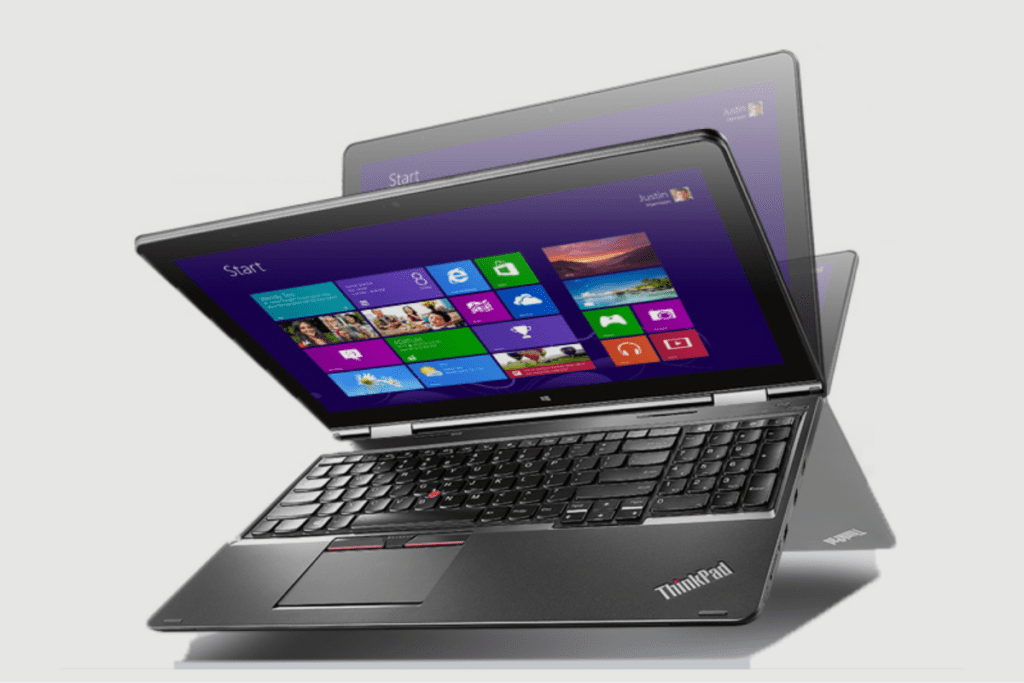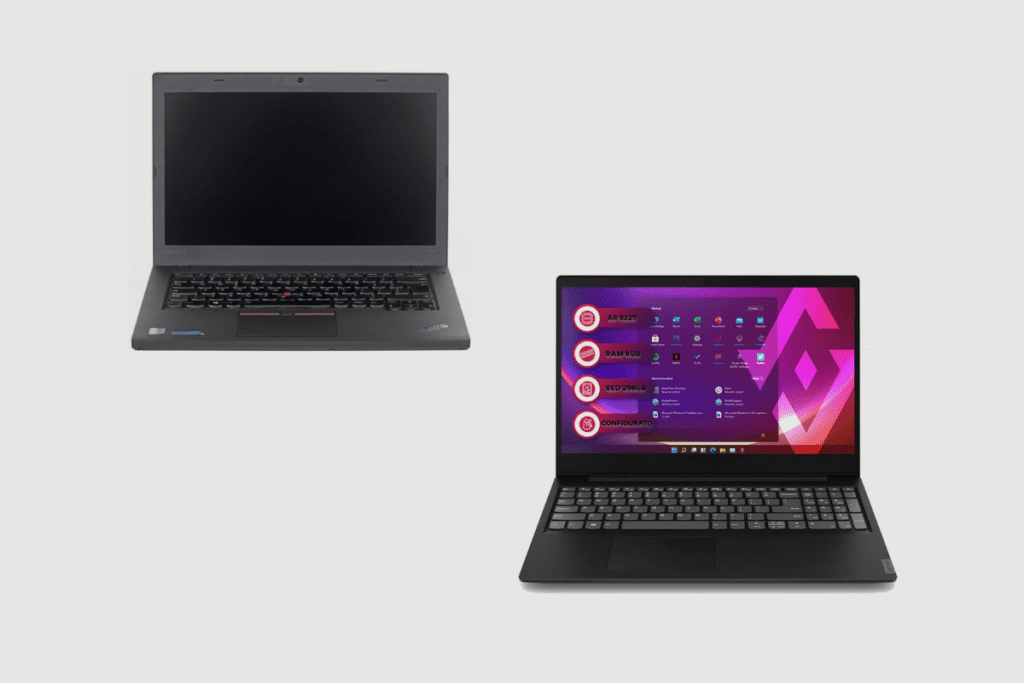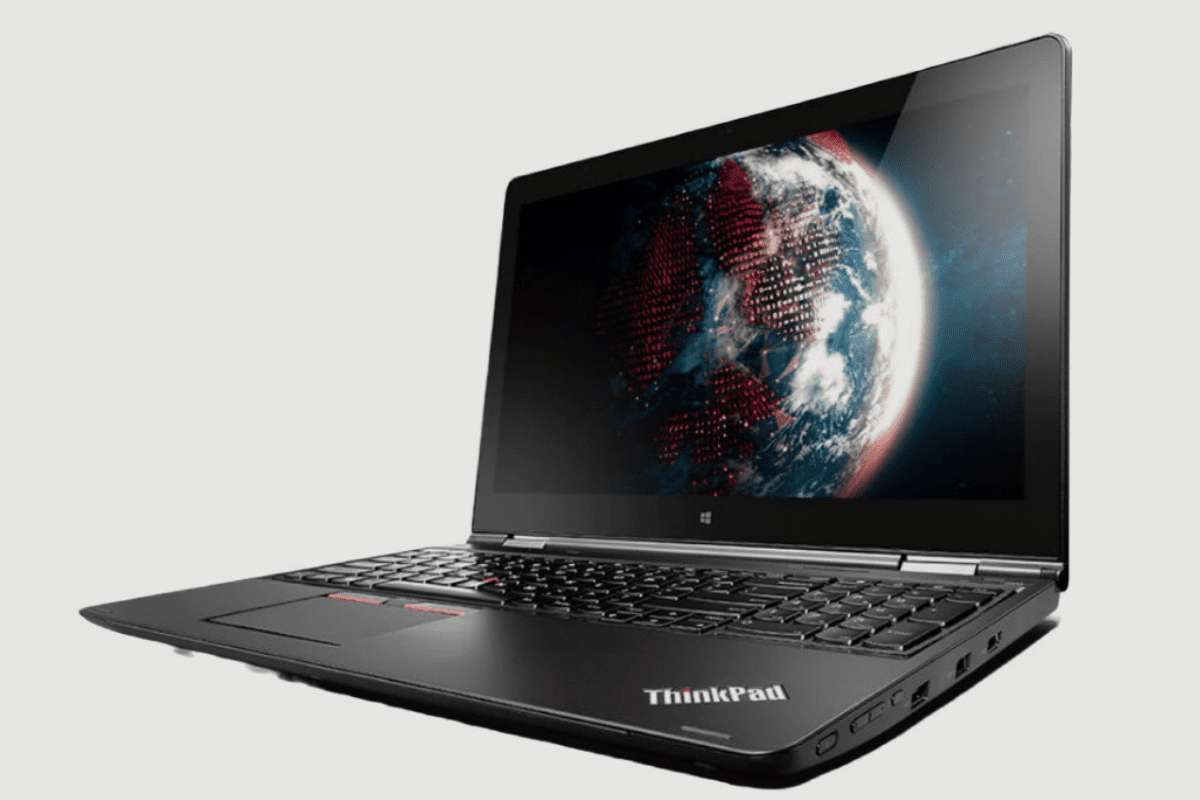An ultrabook is a type of laptop manufactured by Intel in 2011 to provide a lightweight yet powerful computing experience. Ultrabooks are ultra-thin and light laptops that are designed to handle all the tasks of a desktop replacement in a smaller, more portable form factor.
To be considered an ultrabook, laptops must meet certain requirements set by Intel, such as having a maximum thickness of 20mm, using special low-power processors, and having a minimum battery life of 5 hours. Ultrabooks are perfect for those who need portability and power without sacrificing performance.
Now that I’ve explained what an ultrabook is all about, let me get into some key factors that make an ultrabook stand out from other laptops, such as the processor, storage, features and much more.
Let’s get started.
Related Post: Which Laptop Brands Are Most Reliable?

An Ultra-Low Voltage CPU
Most modern Ultrabooks will run on mobile versions of Intel’s 8th generation Core processor family. According to Intel, these are Intel’s most powerful consumer processors to date, offering up to 40% better performance than 7th-generation chips.
This gave them a leg up on battery consumption as they longer consumed battery life more efficiently than previous generations.
Battery Life
Due to technological improvements, Intel made sure to showcase those improvements in each laptop, coming with improved battery life, specifically up to nine hours of battery life, giving you the true feeling of portability and freedom.
Size
Each laptop had to be 20mm thick or less to keep with the idea of portability and to keep with the form factor idea they had in mind.
Features
It also had to be built with Intel’s proprietary rapid-start-up booting system to allow the laptops to boot up in less than three seconds. They also had to come with full HD displays, and they had to have a size of 12-14 inches.
Storage
All ultrabooks have to have up to 80mb/s storage transfer to encourage the use of Solid State Drives (SSDs) to shift away from the use of old and slower Hard Disk Drives (HDD).
This idea was made with the design of showcasing what the future holds and what improvements in technology could do. As such, nowadays, almost any laptop that isn’t a gaming laptop could be called an ultrabook because they all meet the criteria listed.

What Is The Difference Between An Ultrabook And A Notebook
The notebook came before the ultrabook, and its design was intended to make the desktop replacements smaller. The intention was to compress the desktop replacements and make them way more portable. The laptop was going to be marketed to students and office workers as they were the people who needed to be mobile and saw carrying a heavy 17-inch laptop around as cumbersome.
Although a lot of sacrifices would have to be made as to the technology at the time was limited. So, companies had to do away with components that were not seen as vital to the everyday life of a student or office worker.
Items such as the disk drive were removed, it came with a minimal graphics driver, the USB ports were also reduced to two, and the number of keys being removed drastically reduced the keyboard.
However, the reduced size and removed pieces also allowed the laptop to have a reduced power consumption along with an improved chip optimised for a heavier workload, all meant for an improved laptop.
However, aside from the reduced size of the laptop, the notebook and the ultrabook have nothing else in common.
The notebook has a way smaller storage transfer speed. It also doesn’t have a 1080p screen or the rapid boot-up start sequence software. It also can not accommodate an SSD.
Conclusion
In conclusion, the Ultrabook has profoundly impacted the laptop industry. It has redefined what we consider to be a portable and powerful computing device and set the bar for what laptops should be.
The advancements in technology and design that the Ultrabook brought about have paved the way for the laptops of today, and it’s exciting to think about what the future holds.
As we move forward, we can only imagine what new innovations will emerge and how they will shape the laptop industry. But one thing is for sure, the Ultrabook has left a lasting legacy, and its impact will be felt for years to come.
So, what do you think about the Ultrabook and its impact on laptops? Feel free to leave your thoughts in the comment section below.
References:

